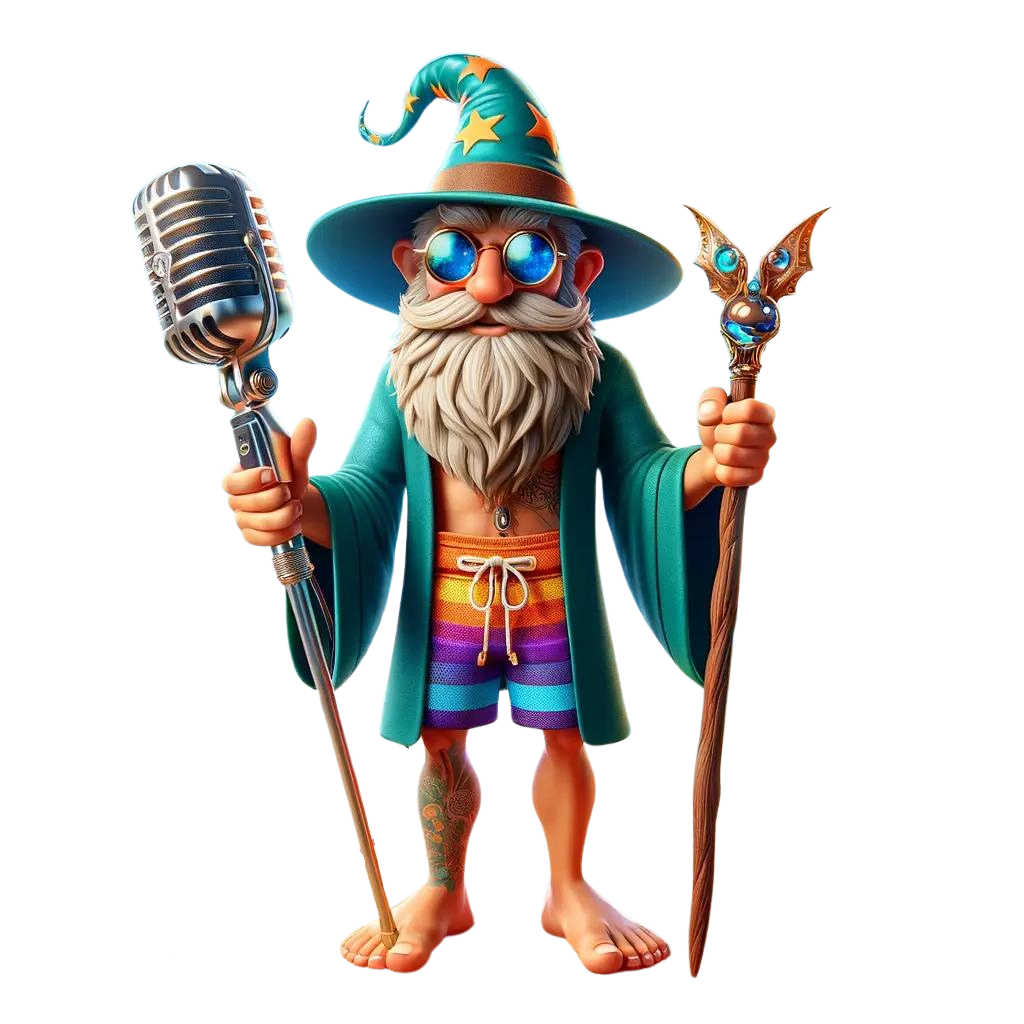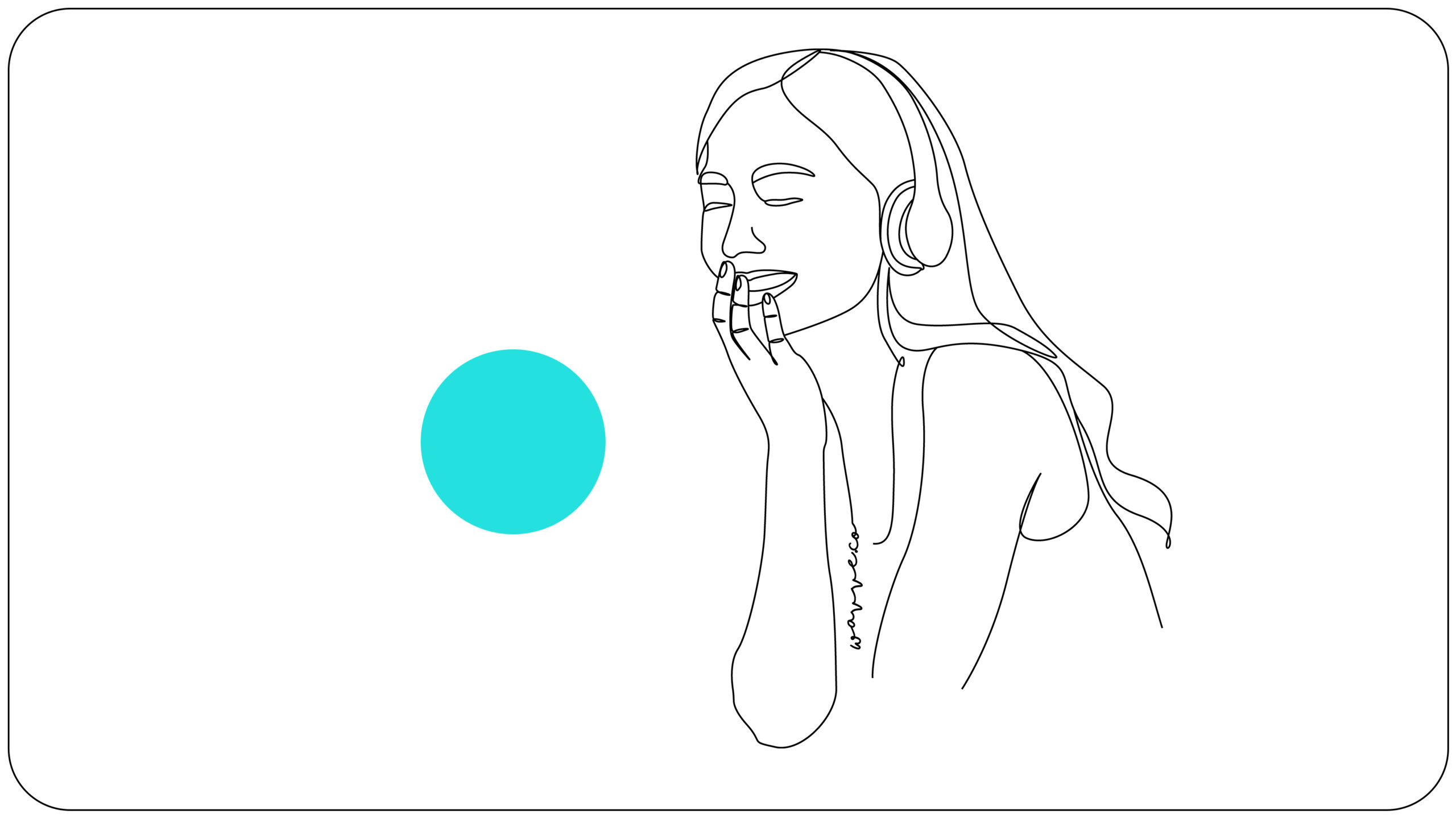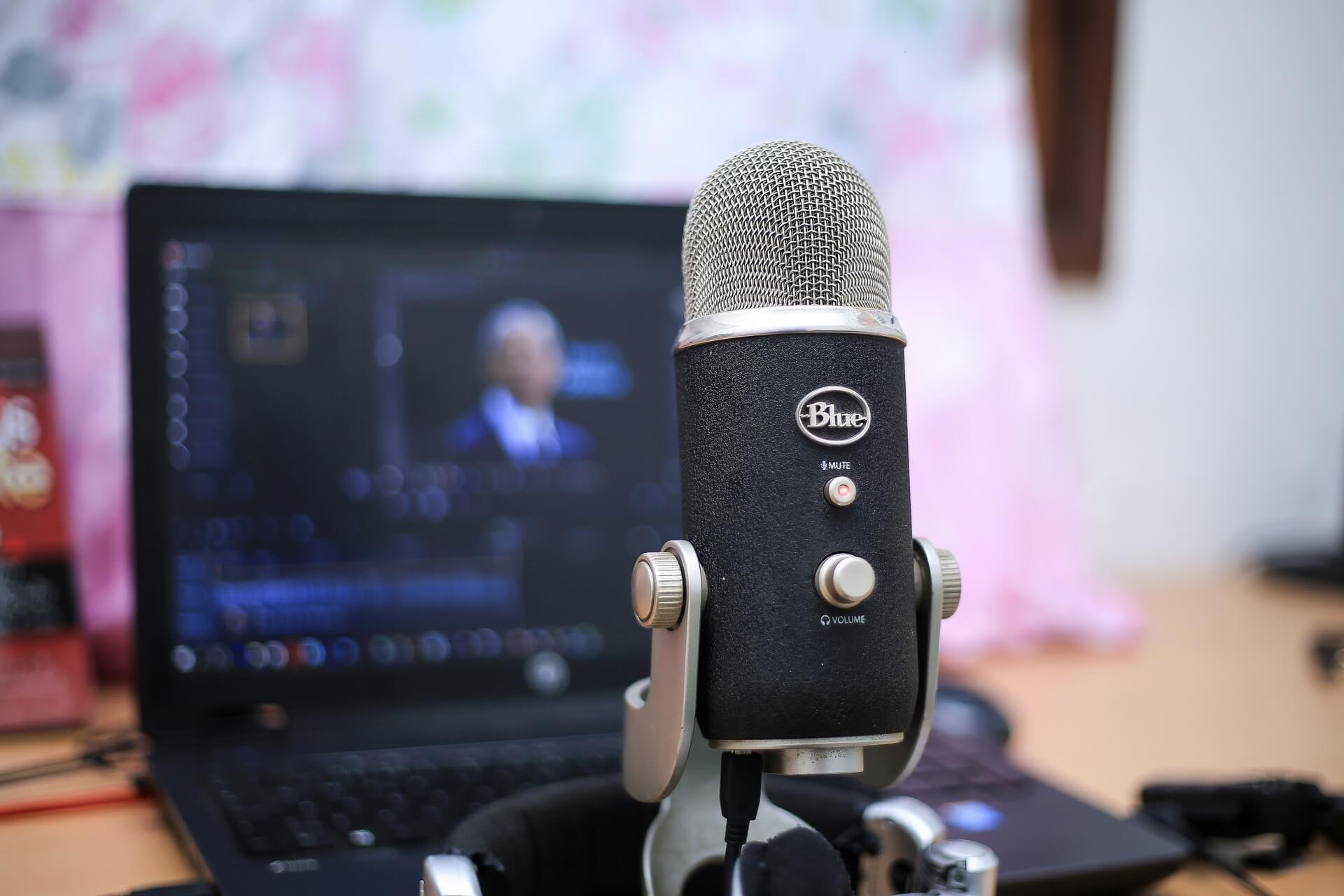If you’re planning on having guests on your podcast so that you can interview them, you need to make sure to get the most out of the experience. Running through a list of generic questions that you ask every guest each episode rarely produces great content. You need to tailor your interview to the interviewee.
Great interviewers don’t just ask great questions. They use questions to extract stories, insights, and advice from guests that normally wouldn’t come out in a conversation – for example, interviewers like Tim Ferriss and Bill Simmons. We’ll explain the qualities that a great interviewer displays and share some tips for how to be a better podcast interviewer.
What qualities make up a great interviewer?
1. They’re prepared.
A great podcast interviewer isn’t going to walk into an interview without having done their homework. You need to have done research about your guest to come up with thought-provoking questions and conversations to drive the interview.
2. They’re welcoming.
You don’t want your guest to feel uncomfortable as they’re talking. By being welcoming towards them, you encourage them to speak openly and have an honest conversation.
3. They’re inquisitive.
A great podcast interviewer won’t just ask cookie-cutter questions or just have a conversation. They’re searching for the story, advice, or points that are below the surface. They ask follow-up questions and keep the conversation going.
4. They’re adaptive.
If you’re going to be a podcast interviewer, you can’t panic if the conversation heads slightly off-track. You have to follow the thread of discussion because you never know what wisdom or purpose could come of it. Of course, you also have to keep the interview on track, but you also need to be flexible.
5. They’re thoughtful.
A great podcast interviewer needs to be curious. They want to find a new perspective of looking at a situation to give meaning to the conversation and the story the guest is telling.

So, how can I be a better podcast interviewer?
1. Do your research before the interview
If your guest has done other interviews – maybe on other podcasts or on the radio – take some time to listen to them. What are the most important or interesting points addressed in these interviews? Can you dive deeper into those topics? You should also take some time to research your guest, their work, their company, and so on. This will help you get an idea of what you want to talk about during the interview.
2. Spend time with the guest ahead of the interview.
Take at least 10-15 minutes to chat with your guest before the interview. If you take some time to talk with them and have a conversation with them, they’ll be more comfortable talking to you during the interview.
This is especially helpful when you’ve only talked to guests over email beforehand. Work out the awkward greetings and build a rapport. You’ll be able to tell the difference between an interview that was started cold and one where you warmed up the guest with conversation for a few minutes.
3. Start with safe questions.
Give your guest some time to catch their breath and relax by asking easy, safe questions about themselves at the beginning of the interview. Maybe ask them about their work or their company. Start out slow to give them the chance to get comfortable talking in front of the mike.
It’s incredibly helpful – and often required – to send a list of questions ahead of time to the guest so they can begin prepping for the interview ahead of time. This keeps the show on topic and focused as well.
4. Be conversational
Keep a conversational tone for the interview. You want the podcast episode to sound like a discussion, not an interrogation. Let the conversation and interview flow naturally and put your interviewee at ease.
This is another time when having a list of questions prepared beforehand comes in handy since you can lead parts of the conversation to the next question. This is incredibly helpful when trying to nail those seamless segues during your interview.
5. Go with open-ended questions.
Rather than asking yes or no questions or questions with simple, one-sentence answers, ask open-ended questions. This will allow your guest to offer their advice, opinions, experience, and wisdom. It also allows them to form their own response and give a thoughtful answer rather than prompting them to give a simple answer that you’ve decided for them.
6. Invite them to share their experience and knowledge.
The reason you’re bringing a guest onto your podcast is to get them to share their wisdom, especially if they’re a thought-leader in your industry. Ask questions that will give them the chance to share their experience and knowledge. This is valuable for both you and your audience.
7. Try to address topics that may have been overlooked or approach topics in a new way.
You don’t want your interview to be like all the other interviews out there. This is your chance to find your differentiator and give your listeners a reason for tuning in to your show.
See if you can pick a topic that might not have been covered yet, or take a different perspective on a familiar topic. Your guest will probably appreciate not being asked the same questions that they’ve answered a dozen times before.
8. Be a good listener.
You have to be a good listener. Let your guest talk. You’re having a conversation with them, of course, but you’re guiding the discussion. The spotlight belongs to your guest.
This is a skill that just takes time to hone. Sometimes you have a guest that could – and will – talk without stopping. Other times, you will have a guest on your show that is quiet, reserved, and simply a challenge to speak to. It can feel like you’re desperately pulling out little bits of information. But, over time, you will find that balance that really brings a harmony to your interviews – all of which begins with being a good listener.

9. Listen to other podcasts.
It’s also helpful to check out some other podcasts and listen to how they conduct their interviews. That way you can see how the interviewer interacts with their guest, what kind of questions they ask, and how they guide the conversation and discussion. You might pick up a few “tips” just by paying attention to how another podcast interviewer interviews people.
How Wavve can help you promote your work?
Wavve can help you promote your podcast and the interviews that you conduct. Wavve allows you to turn your podcast into aesthetically pleasing videos to intrigue your audience. Podcasts might be an auditory medium, but with Wavve you can make your show a visual experience. Get started for free or check out our premium plans.




One Comment
Gina C.
Great article! I